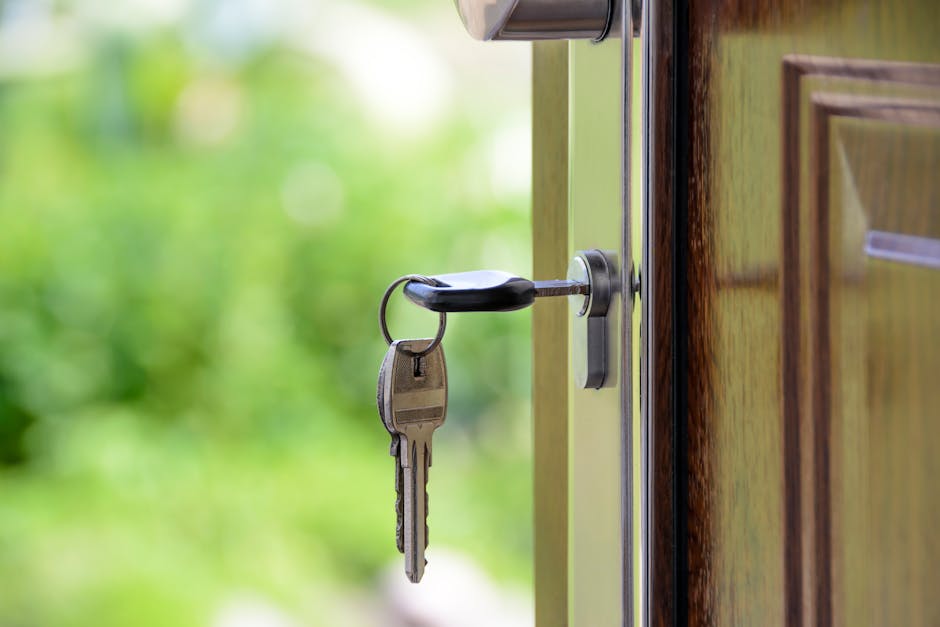
“`html
Understanding Freehold vs Leasehold Property Ownership
Introduction
When it comes to property ownership, two primary terms often come into play: freehold and leasehold. Understanding these concepts is crucial for anyone looking to buy a home or invest in real estate. The distinction between them significantly influences your rights, responsibilities, and the value of your investment. For instance, buyers often encounter challenges related to leasehold agreements, such as ground rent and the length of the lease, which can impact the resale value of their property.
In this blog, we will delve into the differences between freehold and leasehold property ownership, explore real-world scenarios, and discuss the benefits and challenges associated with each type. This comprehensive guide aims to equip you with the knowledge necessary to make informed decisions in your property journey.
Understanding the Concept
To grasp the differences between freehold and leasehold, it’s essential first to define each term:
- Freehold: Owning a freehold property means you own the building and the land it stands on outright, without any time limit. This type of ownership grants you full rights to modify, sell, or lease the property as you see fit.
- Leasehold: In contrast, leasehold ownership means you own the property for a specified period (often 99 years or more) but do not own the land it occupies. The land is owned by a freeholder, and leaseholders typically pay ground rent and are subject to the terms of a lease agreement.
According to the English Housing Survey 2019-2020, approximately 30% of households in England are leaseholders, highlighting the prevalence of this ownership type.
Real-World Examples
To illustrate the differences between freehold and leasehold, consider the following examples:
- Example 1: Freehold Ownership
Sarah purchased a charming cottage in a rural area, acquiring both the property and the surrounding land as a freehold. This ownership allows her to make renovations, plant a garden, and even build a shed without seeking permission from a landlord. Additionally, she can sell her property without constraints, making it a valuable long-term investment. - Example 2: Leasehold Ownership
John decided to buy an apartment in a city center, which was available as a leasehold property. He signed a 99-year lease with the freeholder, who owns the land. John must pay an annual ground rent and adhere to the conditions laid out in his lease, which restricts certain modifications to the apartment. As the lease term decreases, the property’s value may diminish, making it less attractive to potential buyers if he decides to sell.
Benefits and Challenges
Both freehold and leasehold ownership have their pros and cons. Here are some of the advantages and disadvantages of each:
Benefits of Freehold Ownership
- No ongoing ground rent payments.
- Full control over property modifications.
- Potentially higher resale values due to ownership of land.
- Greater security and peace of mind as there is no landlord involved.
Challenges of Freehold Ownership
- Higher initial purchase costs compared to leasehold properties.
- Full responsibility for property maintenance and repairs.
- Potential for property value fluctuations based on market conditions.
Benefits of Leasehold Ownership
- Lower initial purchase prices, making it more accessible for first-time buyers.
- Often found in desirable locations, such as city centers.
- Potentially fewer maintenance responsibilities if covered by the freeholder.
Challenges of Leasehold Ownership
- Ongoing ground rent and service charge payments can add to overall costs.
- Restrictions on property modifications and use.
- Lease expiration can significantly decrease property value, making it harder to sell.
Expert Opinions & References
Understanding freehold and leasehold ownership is not just a matter of preference; it involves legal and financial implications. Experts recommend that prospective buyers carefully review lease agreements and seek legal advice before committing to a leasehold property. The Leasehold Advisory Service provides valuable information for leaseholders regarding their rights and obligations.
According to an article from The Guardian, the growing concern over leasehold properties has led to calls for reform in the housing market, highlighting the need for transparency and fairness in lease agreements.
FAQs
1. What happens when a leasehold property’s lease expires?
When a leasehold property’s lease expires, ownership of the property typically reverts to the freeholder. This can result in the leaseholder losing their home unless they negotiate a lease extension or purchase the freehold.
2. Can I convert a leasehold property to freehold?
Yes, in some cases, leaseholders can apply to purchase the freehold of their property, especially if they meet certain criteria and have owned the leasehold for a specified period. This process is often referred to as “enfranchisement.”
3. Are there any additional costs associated with leasehold properties?
Yes, leaseholders may incur additional costs such as ground rent, service charges for maintenance, and fees for lease extensions or property modifications. It’s essential to factor these costs into your budget before purchasing a leasehold property.
4. How do I know if a property is freehold or leasehold?
Property listings typically indicate whether a property is freehold or leasehold. Additionally, you can verify this information through the land registry or consult with your real estate agent.
Final Thoughts
Understanding the differences between freehold and leasehold property ownership is essential for anyone looking to navigate the real estate market effectively. Each type of ownership comes with its unique set of benefits and challenges, making it crucial to weigh your options carefully. By arming yourself with knowledge and seeking expert advice, you can make informed decisions that align with your financial goals and lifestyle needs. Whether you choose a freehold or leasehold property, being educated about your rights and responsibilities will empower you in your property ownership journey.
“`
https://images.pexels.com/photos/101808/pexels-photo-101808.jpeg?auto=compress&cs=tinysrgb&h=650&w=940
